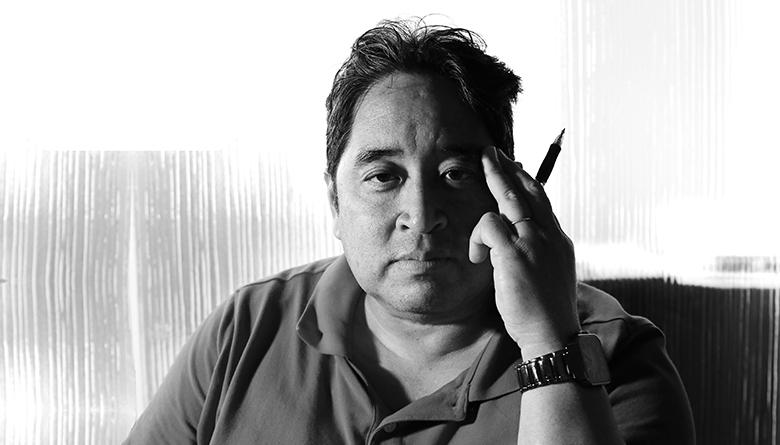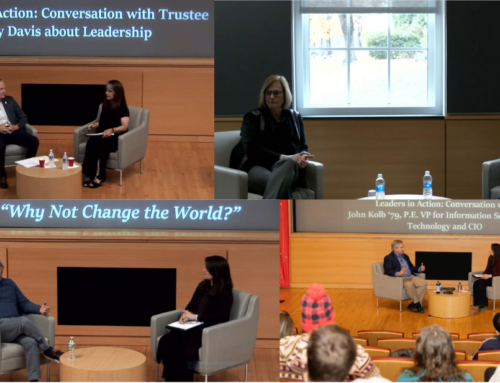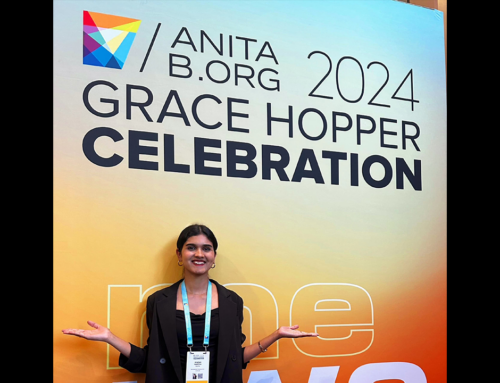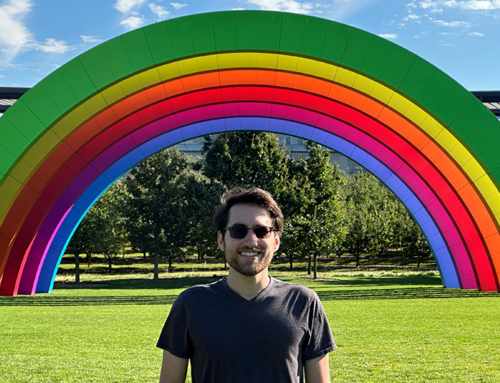By Jeffrey J. Higa ’91
As a high school senior, I didn’t know much but the one thing I was absolutely sure of was that I wanted to be a computer programmer. Yet, here I am, decades later, a journalist and editor by day and a published fiction writer by night. And despite having a master’s degree in creative writing, I still think my most valuable educational experience was what the professors at Rensselaer Polytechnic Institute taught me outside of the classroom.
As a freshman at Rensselaer, I was one of the hundreds of headstrong young people who came to Troy thinking I knew exactly where I stood and what I needed from my education. For two years, I plugged away like all Rensselaer undergraduate computer science students did (and probably still do), learning arcane data structures and algorithms while spitting out code in different programming languages.
At the time, I was living in downtown Troy over a used bookstore at the corner of 4th and Fulton streets, so I decided to take Introduction to World Literature as my School of Humanities, Arts, and Social Sciences (HASS) elective. I figured I could buy the books for that class at the used bookstore where paperbacks were usually no more than 25 cents. Despite having the oldest and most beat-up books, that class changed me forever.
You see, my original professor died halfway through the course. The graduate student who took over the teaching responsibilities immediately changed the readings. Overnight, we were reading contemporary Mexican and Japanese authors in translation. Suddenly, literature seemed more relevant than a means of fulfilling a distribution requirement, and when two early-career literature professors were hired the following semester, I abandoned computer science for the humanities. Those professors were always available to meet with me outside of class to discuss my burgeoning interest in contemporary literature and film.
Armed with a growing self-bravado and supplied by the Fulton Street used bookstore, I charted my own path through my degree program at Rensselaer, specializing in contemporary American writers of color. Guided by my readings and the encouragement of faculty, I first dared to show my voice through the McKinney Writing Contest. The confidence boost from that led me to enter a national essay contest in which I won first place and confirmed the idea that I should develop the knack I had for writing.
After Rensselaer, I attended several different graduate programs in creative writing. I knew my background as a Rensselaer graduate would be unusual in a creative writing program, but I didn’t realize how unusual until one writing professor reviewed my file and said, “Are you sure you want to come to a writing program? Your GRE math scores are higher than your GRE English scores.”
“At Rensselaer Polytechnic Institute, all students had to take four semesters of math as part of the general distribution requirements,” I said.
He remained silent.
“If it helps, I just barely passed Differential Equations,” I admitted.
He looked at me a little longer. “You know, most of our students don’t even fill out the math GRE sections of the test.”
I just shrugged.
In truth, I transferred to several different schools until I eventually found a writing program that would allow me to create my own path to a master’s degree. The confidence I developed in my own ideas and skills at Rensselaer has been instrumental in developing my own narrative voice. In 2020, I won the Robert C. Jones Prize from Pleiades Press and published my first collection of short stories, Calabash Stories.
Attending Rensselaer and taking HASS courses provided the foundation for launching my own voice into the world.
__
Jeffrey J. Higa ’91 is a fiction writer, essayist, and playwright whose stories have appeared in The Lit Quarterly, Zyzzyva, Sonora Review, Bamboo Ridge, North American Review, among others. He is the author of Calabash Stories, a short story collection. For more information, visit jeffhiga.com.





